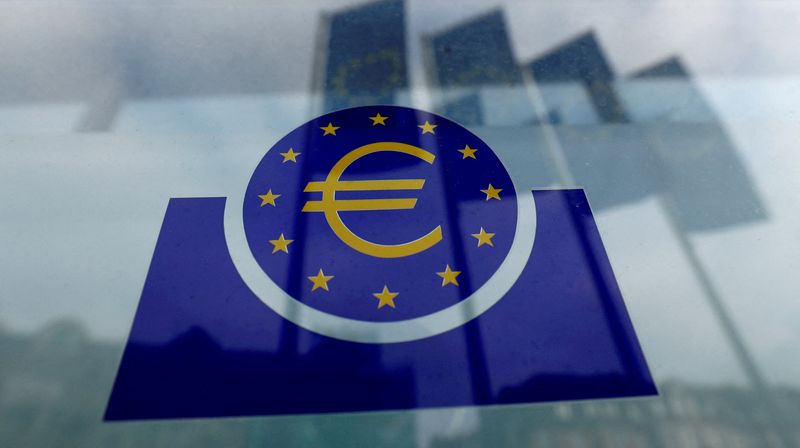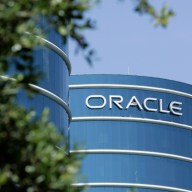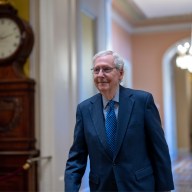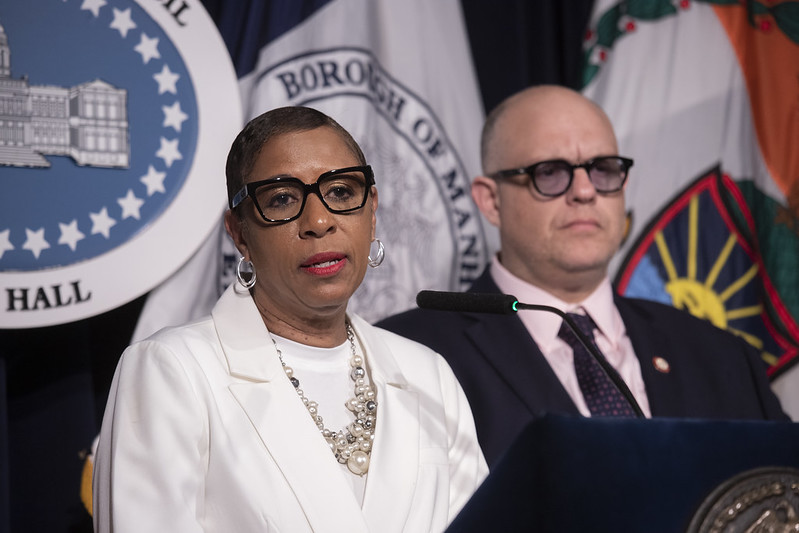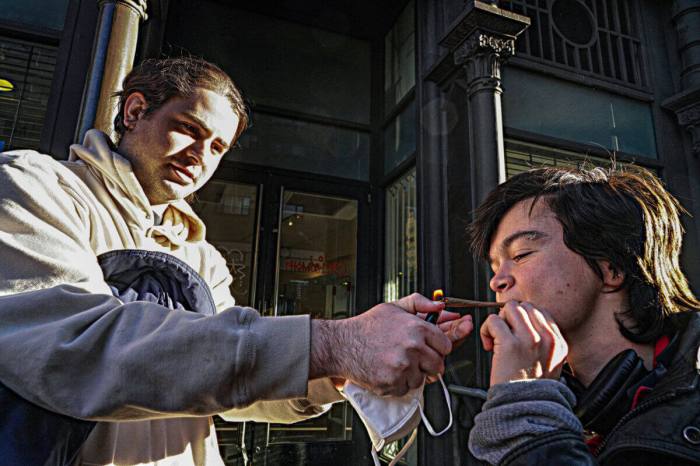FRANKFURT (Reuters) – Euro zone inflation will return to trend without significant policy tightening by the European Central Bank as pandemic-related bottlenecks in goods as well as labour are resolved, the ECB’s chief economist Philip Lane said on Thursday.
Lane was defending his long-held view that the current, record-high inflation rate in the euro zone was temporary in the face of mounting pressure on the ECB to raise interest rates, both from investors and policymakers.
“Since bottlenecks will eventually be resolved, price pressures should abate and inflation return to its trend without a need for a significant adjustment in monetary policy,” Lane said in a blog post.
He was echoed at a separate event by French governor Francois Villeroy de Galhau.
They were likely trying to dampen market expectations, which are for an early end of the ECB’s bond purchases and rate hikes worth 50 basis points by December.
These were stoked by ECB President Christine Lagarde last week, when she refused to rule out a rate increase this year. Sources told Reuters some policymakers already wanted policy changes at last week’s meeting.
But Lane defended the ECB’s “hold-steady” approach.
“The logic underpinning a hold-steady approach to monetary policy is reinforced if the bottlenecks are primarily external in nature, caused by global disruptions in supply or a surge in global demand,” he said in his blog.
“Since monetary policy steers domestic demand, a tightening of monetary policy in reaction to an external supply shock would mean that the economy would be simultaneously confronted with two adverse shocks.”
The ECB said in December it would buy bonds at least until October and only raise rates after those purchases end.
But this guidance is likely to change at its next policy meeting in March, when the central bank will also publish updated, and likely increase inflation forecasts.
Speaking at a separate event, ECB vice-president Luis de Guindos said inflation in the euro zone, which hit 5.1% in January, would not dip back below the ECB’s 2% goal this year.
He backed the European Commission’s forecast for an average 3.5% rate of price growth for 2022 and added euro zone wage growth was not keeping up with inflation so far but negotiations – and larger increases – may just have been delayed because of the pandemic.
The ECB last hiked rates in 2011 in what is now widely considered a policy mistake in the middle of a supply shock and debt crisis.
Its rate on bank deposits is currently minus 0.5%, meaning banks are charged to park their spare cash at the central bank overnight.
(Reporting by Francesco Canepa; Additional reporting by Leigh Thomas in Paris; Editing by Catherine Evans and Toby Chopra)

